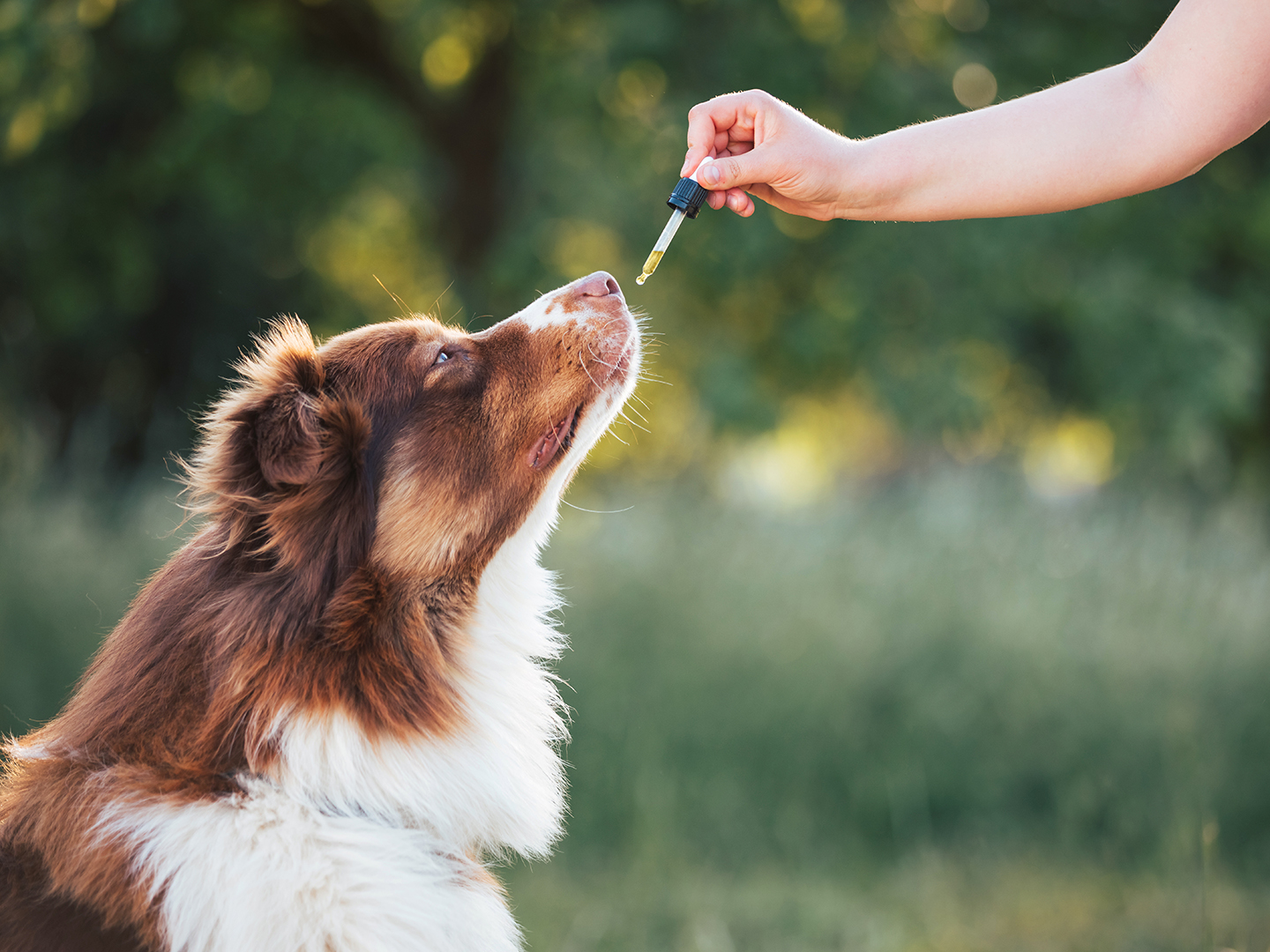July Fourth Pet Safety
The anticipated celebration of America’s Independence Day calls for an annual celebration full of fireworks, grilling, and cheers. Amid the fun-filled chaos, however, sometimes lies the overlooked care of pets that may have a contrasting and much more fear-filled perspective of the Fourth of July. Dr. Christine Rutter, a clinical associate professor of emergency and […]
Alternatives To Walking Your Dog In The Summer
Walking your dog daily is an excellent activity for dogs and owners, alike, because it brings mental and physical stimulation to your pet and creates an unbreakable bond between you and your furry friend. However, as summer approaches and the temperature begins to rise, owners should be aware of the risks associated with walking pets […]
New Dog Aging Project End-Of-Life Survey Offers Support To Dog Owners
Illness, disease and quality of life are linked with euthanasia more so than dog age, the survey found. Deciding when it’s time to say goodbye to a beloved furry friend is never easy, even when the animal in question may be suffering from low quality of life due to age or illness. The question for […]
Caring For Dogs With Special Needs
Special-needs dogs exist on a spectrum that may include those with physical impairments — such as missing, deformed, or paralyzed limbs; blindness; or deafness — with behavioral issues such as separation anxiety or situational fears, or with medical diagnoses like chronic illnesses, diabetes, or allergies. While incredibly rewarding companions, dogs with special needs require a […]
The ABCs Of CBD For Pets
Cannabidiol, or CBD, has become popular in recent years thanks to the marketing of its potential health benefits. So it’s no surprise that pet owners are turning to CBD as a remedy for various ailments in their furry companions. Yet because there is little evidence on the effectiveness and safety of CBD in animals, Dr. […]
How Important Is Breed To Your Dog’s Health? New Dog Aging Project Study Offers Surprising Findings
Some of the most common reasons owners take their dogs to the vet have little or nothing to do with breed. Many people assume that purebred dogs are more prone to disease than mixed-breed dogs, but a new study by the Dog Aging Project and led by researchers at the Texas A&M School of Veterinary […]
Snake Alert: What To Do If Your Pet Is Bitten
Spring has sprung, but flowers may not be the only things popping up in your yard; this also is the season when snakes come out of hibernation. There are almost 3,000 different species of snakes in the world, with less than a third considered venomous, according to the U.S. Department of Agriculture’s Forest Service. However, […]
Australian Shepherd Receives Three Life-Saving Surgeries At Texas A&M Veterinary Hospital
An 8-year-old Australian Shepherd named Ollie survived a monthlong onslaught of unexpected health emergencies thanks to the veterinarians, staff, and students at the Texas A&M Small Animal Teaching Hospital (SATH). During her time at the SATH, Ollie received three life-saving surgeries that began with treatment for bladder stone complications but ended with dangerous blood clots. […]
Protecting Puppies From Parvovirus
Springtime brings a vibrant burst of life and marks a time when many puppies are born. As a result, the spring also presents peaks in canine health concerns that can impact puppies in the months after they are born. Among these is parvovirus, a highly contagious and potentially deadly disease. Dr. Kathleen Aicher, an assistant […]
A Closer Look Into Cryptococcal Fungal Infections
Allowing pets to roam outdoors can seem like harmless fun, providing them with exercise, mental stimulation, and a chance to explore. Some environments, however, pose hidden dangers that pet owners may not immediately recognize, such as the risk of cryptococcal fungal infections which can infect the lungs, brain, and other parts of the body. Dr. […]












